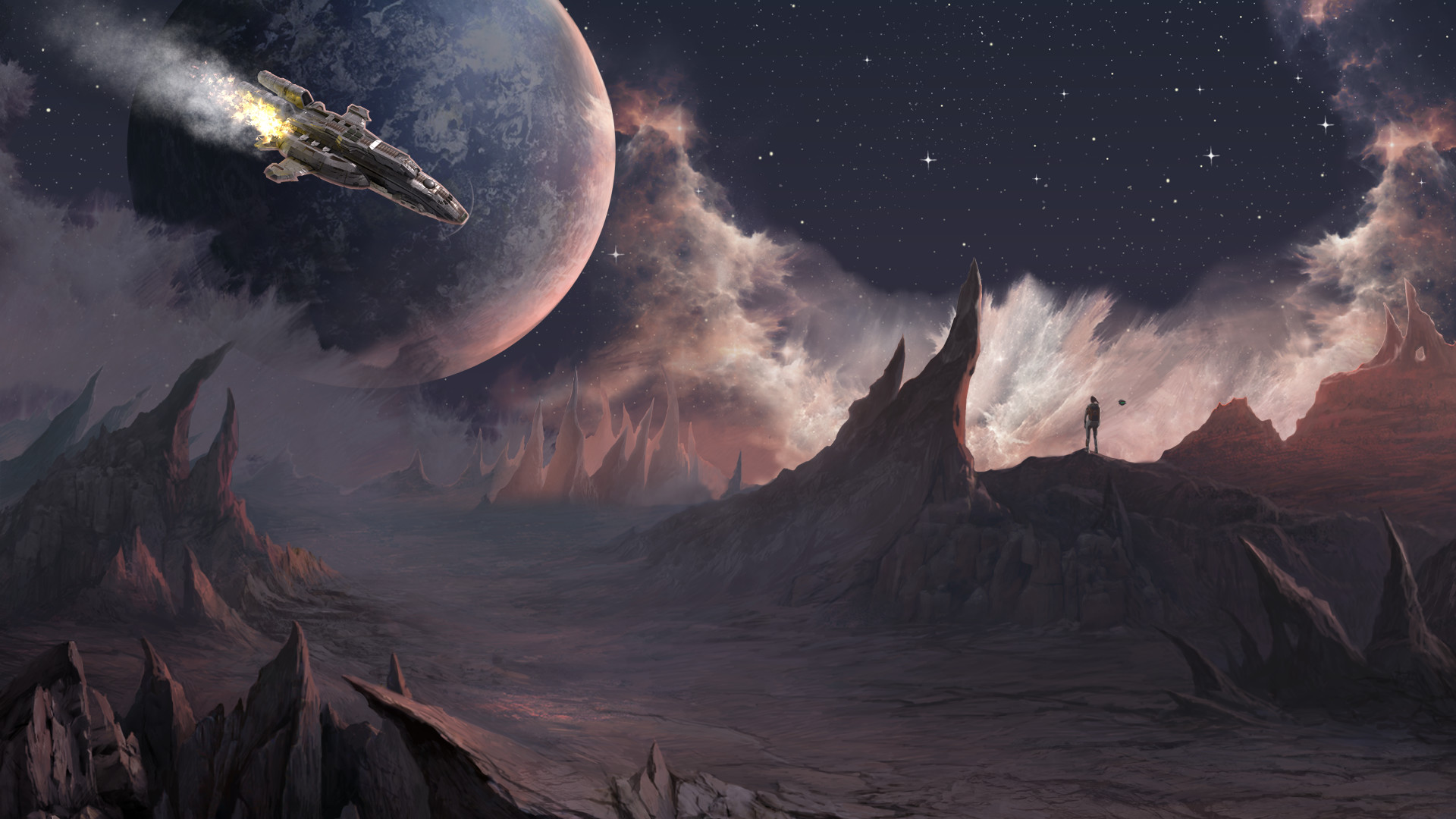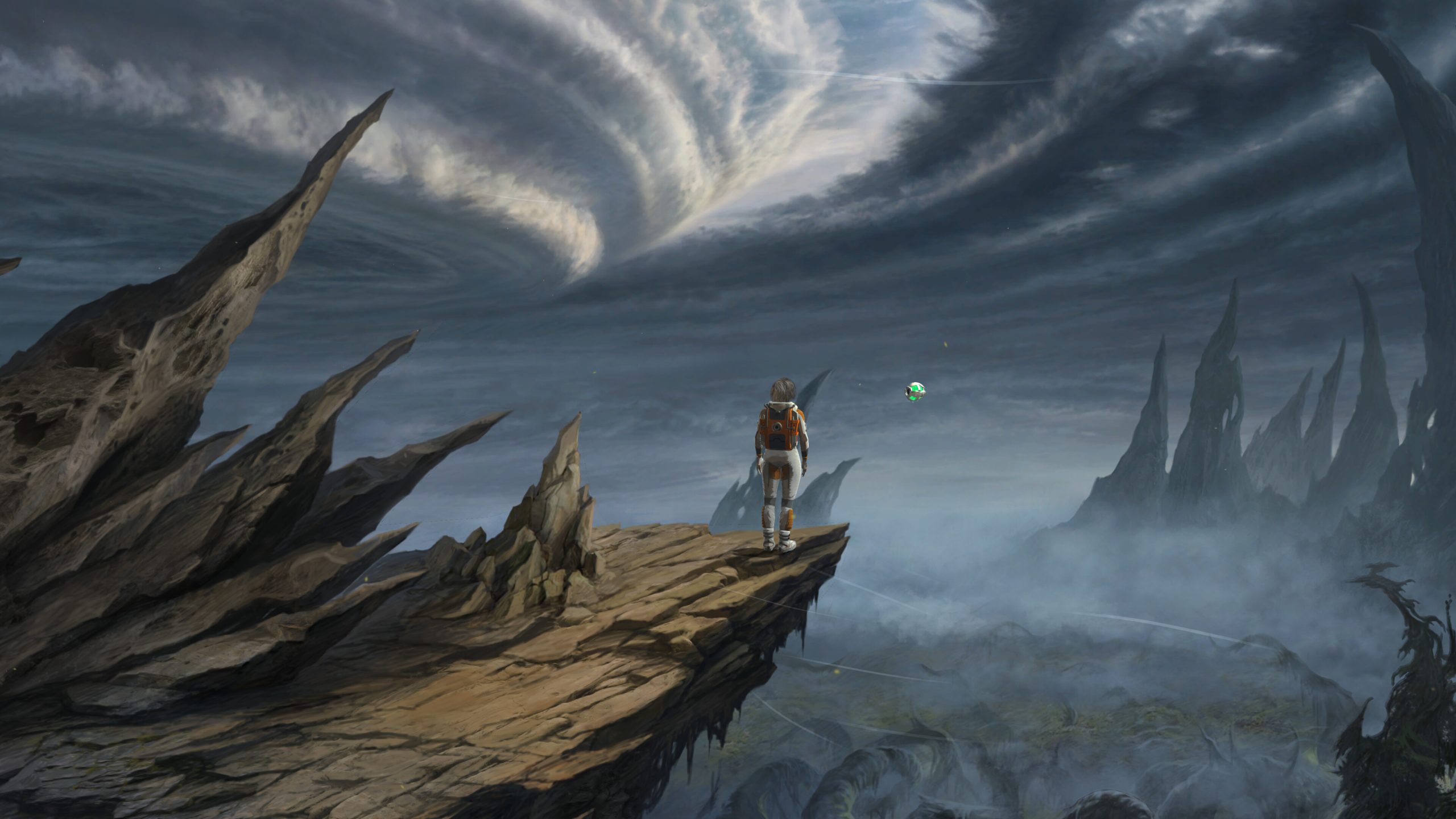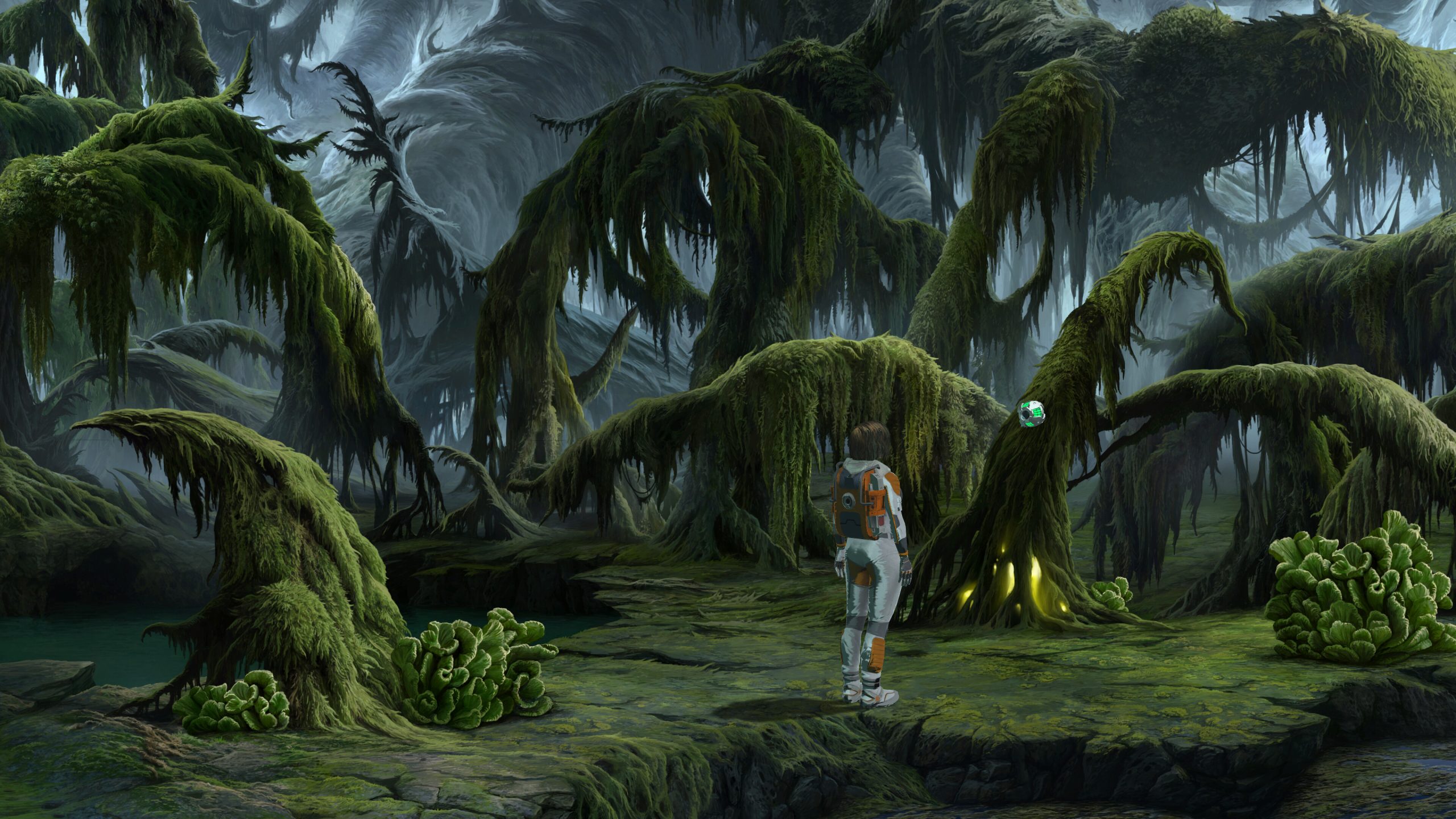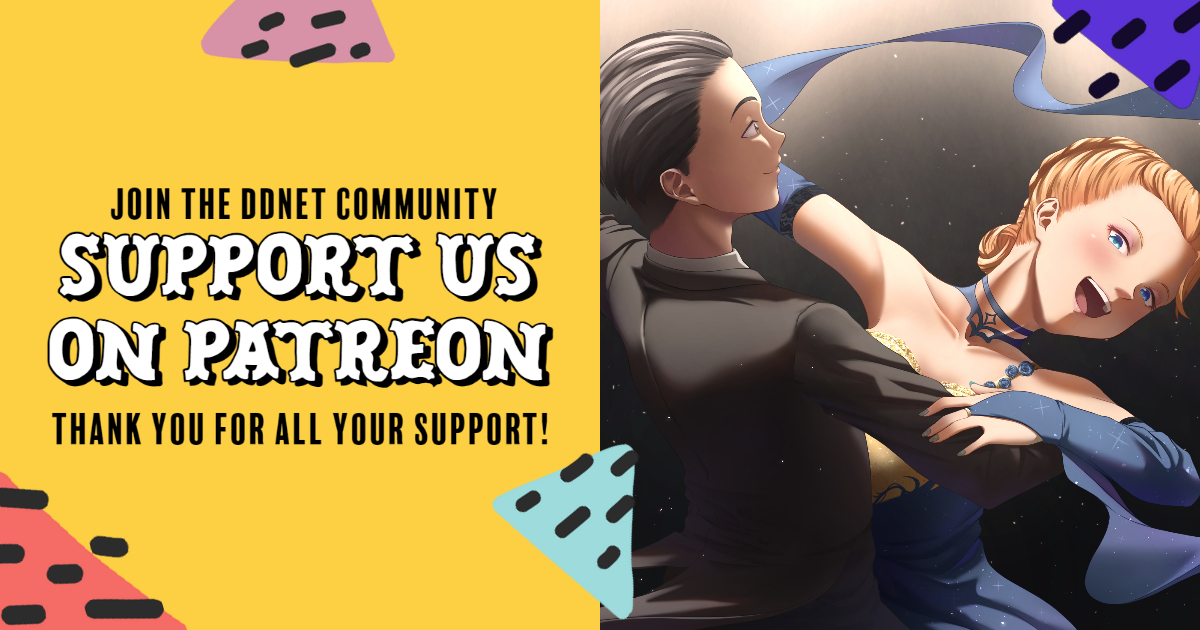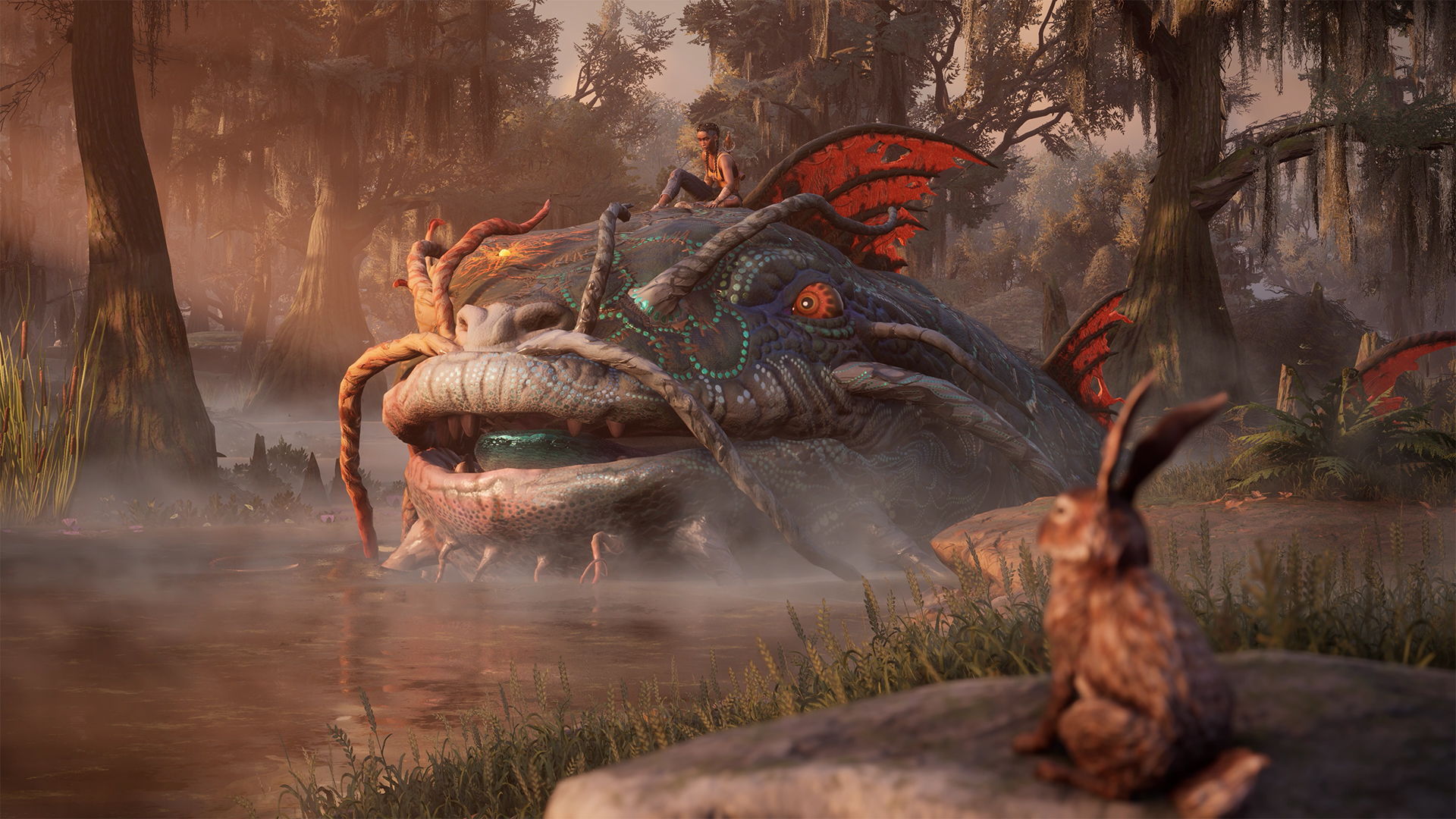Animation Arts has been around for a little over two decades now, and has a particularly well-regarded reputation for its work in classic point-and-click titles. Most people with a fondness for the genre know the Secret Files trilogy, after all. Monolith is the team’s latest. Sadly, it’s not up to the same standard as Secret Files.
On the plus side, the biggest problems with Monolith are just the bookends, with both the introduction and conclusion being the let-down. The 70% or so in the middle is excellent. You play as Tessa Carter, an intrepid space explorer who wakes up in a crashed ship with her co-pilot missing and amnesia about a whole lot. That crashed ship works as a tutorial of sorts, letting you get accustomed to the way that the puzzles and storytelling will work.
This part of the game comes across as painfully shallow and generic. There’s obviously a mystery at play, but it’s not a particularly interesting one. Crashing planes on barren wasteland planets and not being sure why you’re there is… well, it’s how a lot of science fiction goes. For some reason, you’re carrying the ID of someone who both is and apparently is not you, and sure that’s intriguing, but aside from that question mark over who she is and how reliable her patches of memory are, Tessa’s also not the most interesting person in her confusion.
If I wasn’t reviewing the game I would have stopped there to go and play something more interesting. Thankfully I had a reason to push on, and I’m glad I did for what comes next. Once you move on from the ship and arrive and start exploring the planet and a facility that belongs to the same company that you work for (raising questions about why you don’t seem to remember everything about what’s going on with this crash landing), the mysteries start to become intriguing. When Tessa gains a robot companion to banter with, she also breaks free of the monologues and develops a personality. Suddenly you find yourself caring, at least a little bit.
Then come the cinematic cut scenes, which frame the narrative from Tessa’s hospital bed, and the vision of the game starts to click. As it turns out this game has a big, meaty story to tell, with plenty of thought and introspection. By about the midway point, it all seems to be setting itself up to be a particularly poignant, reflective, and even subversive take on the genre.
Unfortunately, all that hard work comes crashing down in the most catastrophically clumsy way in the end, and this is why I can only talk vaguely about the entire game, because it all feeds into that ending. It’s not that the ending is poor because the project ran out of steam of the developers simply seemed to lose interest. This isn’t Game of Thrones. Rather, the best comparison I can think of is Lost, which started out brilliantly intriguing and managed to keep escalating through much of its run time, only for the twist at the end to insult the intelligence and make everyone who had been following along suddenly wish they hadn’t wasted their time. It is still technically subversive to all the expectations you might have for the science fiction genre, but not in a satisfying or insightful way at all.
Of course, by the time you get to the end, you’ve technically got your money’s worth, so as far as the developers are concerned it is, technically, mission completed. Thankfully, too, at around eight-10 hours long it’s not like you’ve invested a good part of your life into it. It’s just such a pity that Monolith is bookended by terrible story writing, because that middle part really is some fine point-and-click adventuring.
That adventuring is very traditional, but also very well done and by people who understand the genre, and avoid pitfalls in making “logic” puzzles that are anything but logical. In any given area you’ll be faced with a series of little problems to solve – sometimes literally locked doors and other times a “locked door” in an abstract sense – you need to power X so you can access Y and so on. Most of these puzzles can be solved by assembling or disassembling items that you slowly collect in your inventory and can turn into rudimentary tools. For one early example, you’ll find a sieve and then a piece of liquid-proof material that you can combine to create a “bowl.” That bowl can be used to collect a flammable liquid that you can then put under a sparking wire to catch on fire. That flaming concoction can finally be used to melt some ice and access a locker.
For the most part, these puzzles make perfect sense, even if you’ll likely trial-and-error your way to some of the solutions. Unfortunately, the game is entirely linear and there is only one solution to each puzzle, so if you’re stuck, you’re in for some a frustrating period while you trial-and-error everything in the hope that something works. Thankfully there are enough hints shared through the banter between characters and the UI design and execution that you’ll rarely need to pull up the in-game walkthrough to help you through.
I wouldn’t say that you’ll think of yourself as particularly clever for solving a lot of these puzzles out, however. There’s a mundane quality to progress that means that Monolith lacks the cryptic mind-bending quality of a Myst or the whimsical charm of the solution to, say, Lucas Arts’ adventure games or the Broken Sword series. Animation Arts deserves credit for being one of the few that’s still producing classic point-and-click adventure games, I know, but the puzzles come across as very tired, however competent they are.
Monolith is made by people who love the genre, and has clearly been made for people who love the genre. I cannot fault the intent or the effort that has gone into it. It’s beautiful, most of it is genuinely intriguing, and it’s filled with classic puzzle design that the genre’s biggest fans must surely be missing for long stretches of time these days. If only the onboarding in the first hour wasn’t such a poor start, and if only that ending wasn’t such a rug-pull, this could have been something memorable.
